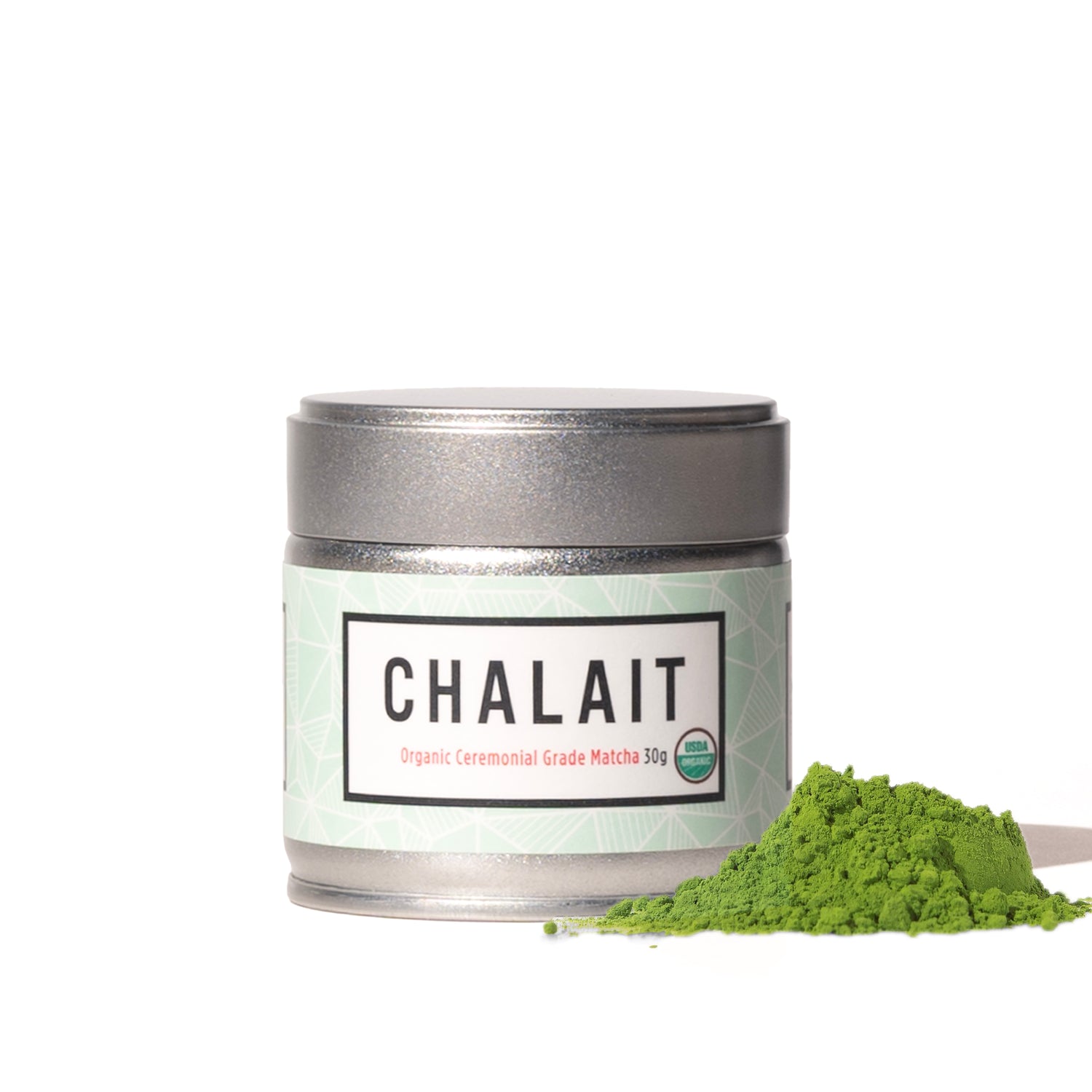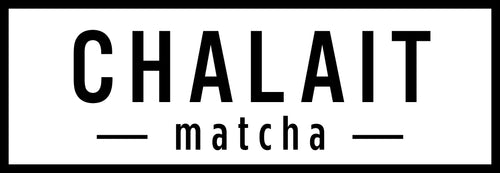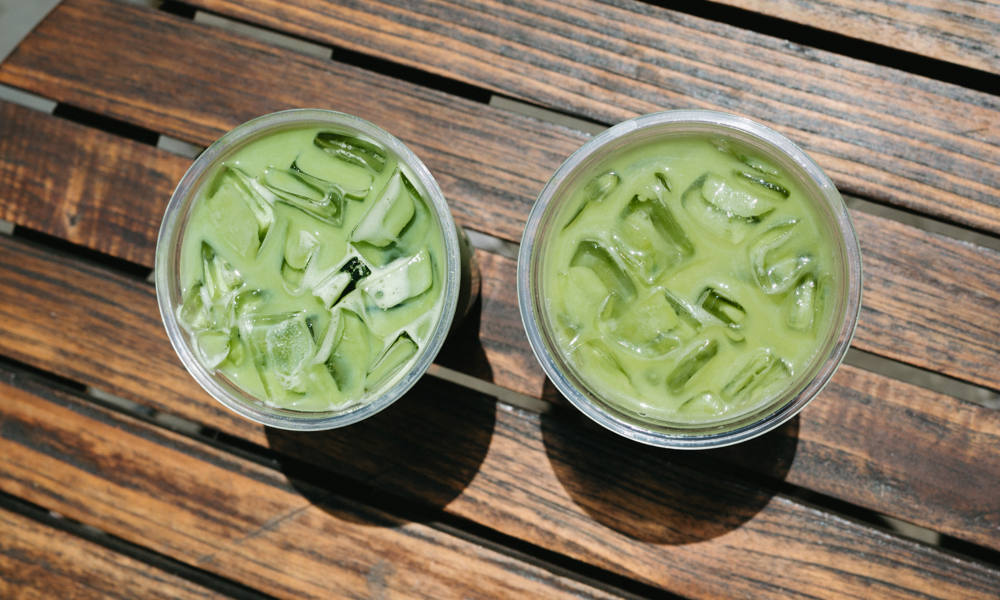Matcha is a type of green tea, and like any tea, it contains caffeine and other compounds that can have both positive and negative effects on the body. We are passionate about matcha and the benefits it can bring to your everyday life and overall health — improved focus, enhanced metabolism, blood sugar regulation, immune system support, stress reduction, the list goes on. But is there a limit to how much of this matcha you should be drinking daily?
According to the U.S. Food and Drug Administration (FDA), the recommended maximum daily caffeine intake for the average adult is about 400 mg. However, some health experts suggest limiting caffeine intake to 200-300 mg per day to reduce the risk of side effects. A typical cup of matcha contains around 35 milligrams of caffeine, therefore, most people could safely consume 5 to 10 cups of matcha per day without exceeding the recommended caffeine intake.
While you can have up to 10 cups of matcha a day, individual tolerance to caffeine can vary. Our recommendation is somewhere around 2-3 cups.
If you enjoy matcha and want to include it in your daily routine, it's best to do so in moderation and be mindful of your overall caffeine intake from other sources such as coffee, tea, or energy drinks. It's essential to listen to your body and be mindful of any adverse effects such as jitteriness, increased heart rate, or difficulty sleeping. Knowing how much caffeine is in each drink is beneficial to your daily function — we've broken it down below.
Average caffeine per cup of:
- Energy drinks — 150mg
- Coffee — 95mg
- Matcha — 35mg
- Green Tea — 25mg


